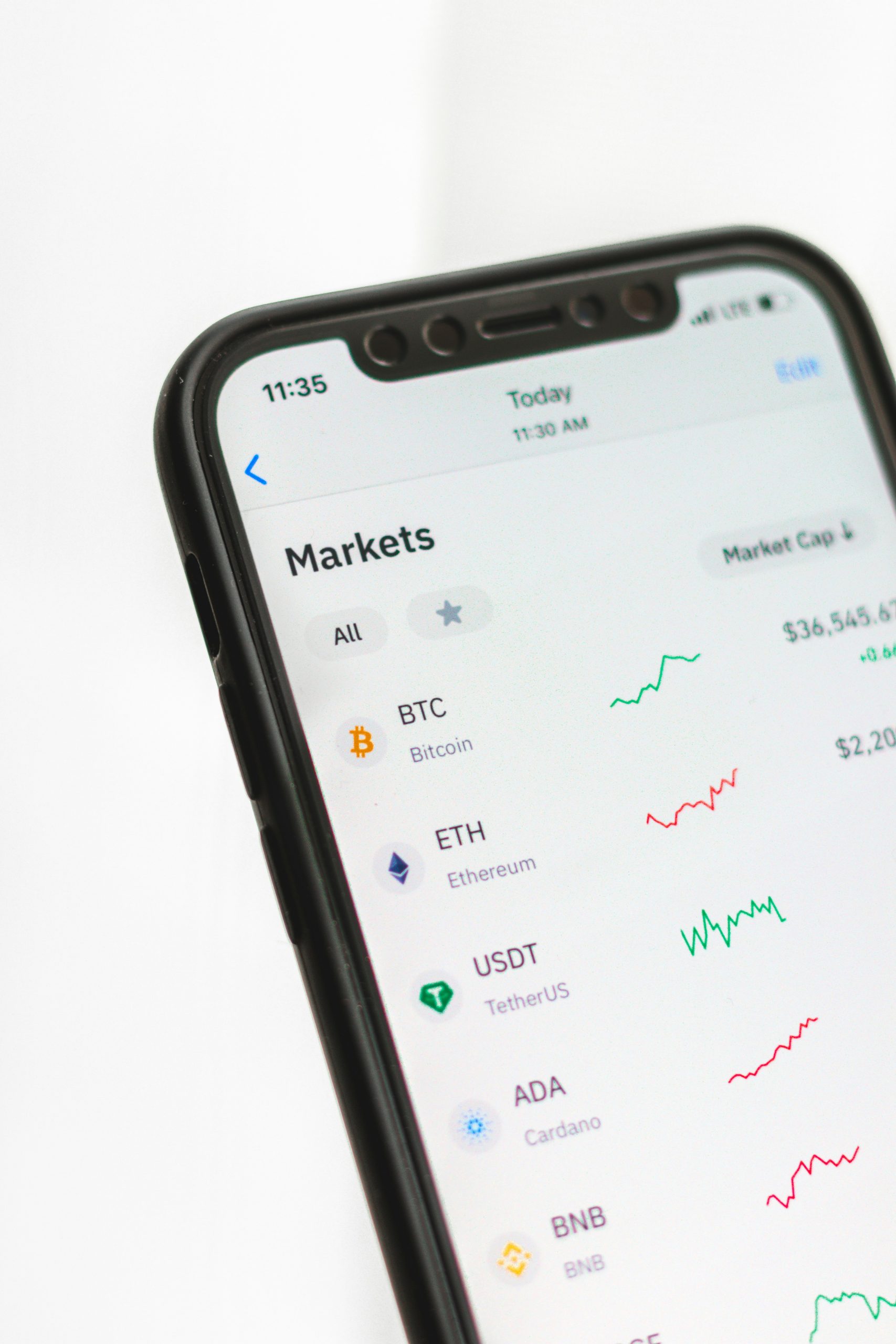On April 3, the yields on long-term US government debt reached a six-month low amidst growing concerns surrounding the global trade war and the weakening US dollar. The 10-year Treasury note yield briefly dipped to 4.0% from 4.4% a week prior, indicating robust demand from investors.
While a heightened risk of economic recession may initially appear negative for Bitcoin (BTC), the decreased returns from traditional fixed-income investments are prompting investors to diversify into alternative assets such as cryptocurrencies. As traders gradually reduce their exposure to bonds, particularly in the event of rising inflation, the possibility of Bitcoin reaching an all-time high by 2025 remains conceivable.
The imposition of tariffs in the US generates a ‘supply shock’ that impacts inflation and fixed-income returns. This leads to reduced corporate profitability, potential deleveraging by companies, and a consequent reduction in market liquidity. Such measures tend to foster short-term negative effects on Bitcoin, given its strong correlation with the S&P 500 index.
Axel Merk, chief investment officer at Merk Investments, notes that tariffs create a ‘supply shock’ by limiting the availability of goods and services due to price increases, creating an imbalance relative to demand. This effect is accentuated if interest rates are on the decline, potentially setting the stage for inflationary pressures.
The appeal of fixed-income investments wanes amidst inflation, driving investors to seek higher returns elsewhere. A mere 5% shift of the $140 trillion global bond market towards alternative assets like stocks, commodities, real estate, gold, and Bitcoin could translate to a potential inflow of $7 trillion.
The weakening US dollar, coupled with all-time highs in gold prices, favors alternative assets. Gold’s market capitalization of $21 trillion continues to soar, facilitating the revival of previously unprofitable mining operations and stimulating further investment across the gold supply chain. Despite fluctuations in US interest rates, the US dollar has depreciated against a basket of foreign currencies, as evidenced by the DXY Index hitting a six-month low on April 3.
While the transition away from the US dollar towards alternative stores of value like Bitcoin may be gradual, the ongoing trade war could expedite this shift—especially among nations seeking to reduce dependence on the dollar. Although Bitcoin is not expected to replace national reserves or the gold standard, any divergence from the dollar strengthens Bitcoin’s long-term growth prospects and solidifies its position as an alternative asset.
In conclusion, geopolitical tensions resulting from the trade war could potentially lead to a reversal in bond yields, thereby increasing the cost of US debt issuance and further weakening the dollar. Investors may pivot towards scarce assets like Bitcoin in such a scenario, underscoring the cryptocurrency’s resilience as a hedge against economic uncertainty.

The recent drop in US Treasury yields highlights growing investor concerns about global trade tensions and economic instability. As traditional fixed-income investments lose appeal, more are turning to assets like Bitcoin for diversification. The potential for Bitcoin to reach new highs by 2025 seems plausible given the current market dynamics. However, short-term volatility remains a concern as inflation and global trade policies evolve. How will rising inflation impact the long-term value of Bitcoin compared to traditional assets?
The recent dip in long-term US government debt yields highlights growing investor caution amid global trade tensions and a weakening dollar. With traditional fixed-income returns declining, many are turning to alternative assets like Bitcoin as a hedge against economic uncertainty. The potential for Bitcoin to reach new highs by 2025 seems plausible as bond exposure decreases and inflation concerns rise. However, the short-term correlation with the S&P 500 suggests volatility remains a key factor. Do you think Bitcoin will maintain its appeal if traditional markets stabilize?
It’s fascinating to see how global economic uncertainties are reshaping investment strategies. The shift from traditional bonds to alternative assets like Bitcoin highlights evolving market dynamics. Tariffs and inflation seem to be key drivers in this financial transformation. Do you think Bitcoin’s potential to reach an all-time high by 2025 is realistic given these conditions?
The current economic climate, influenced by global trade tensions and a weakening US dollar, is pushing investors to rethink their strategies. With yields on long-term US government debt dropping to a six-month low, many are turning to alternative assets like Bitcoin for better returns. The potential for Bitcoin to reach an all-time high by 2025 seems plausible as investors reduce their bond exposure amid inflation concerns. However, the short-term negative effects on Bitcoin, given its correlation with the S&P 500, cannot be ignored. What factors do you think will have the most significant impact on Bitcoin’s price trajectory in the coming years?
The recent dip in long-term US government debt yields is quite intriguing, especially with the global trade war and a weakening dollar adding to the uncertainty. It’s interesting how traditional fixed-income investments are losing their appeal, pushing investors toward alternatives like Bitcoin. I think this shift could be a game-changer for cryptocurrencies, especially with the possibility of Bitcoin hitting new highs by 2025. However, the strong correlation between Bitcoin and the S&P 500 makes me wonder how resilient it would be during a market downturn. Could Bitcoin truly become a safe haven in times of economic stress, or would it just mirror traditional markets? I’m curious to see how tariffs and inflation play out, as they seem to be key drivers in this shift. What’s your take on this—do you think Bitcoin’s potential is overstated, or is it just the beginning of a new era for alternative assets?